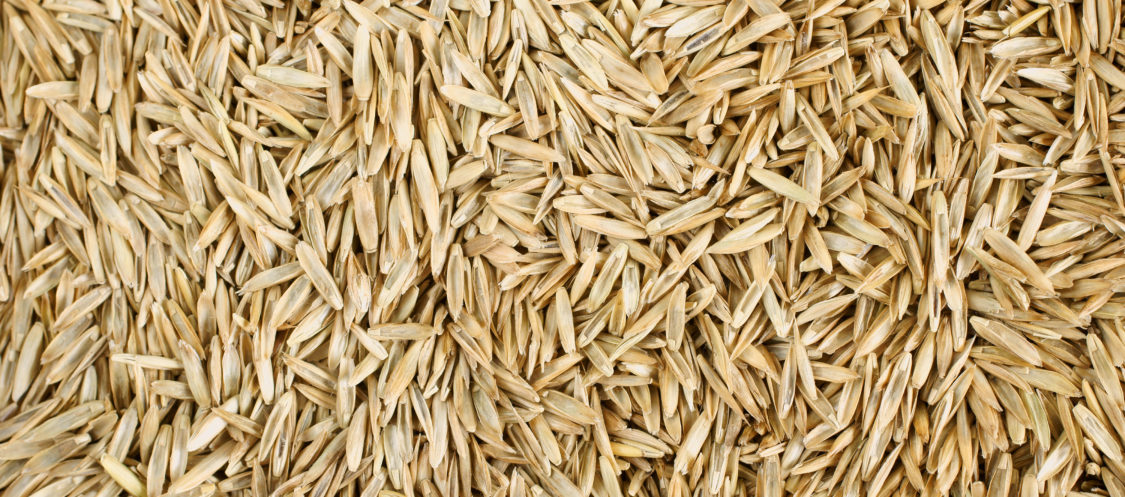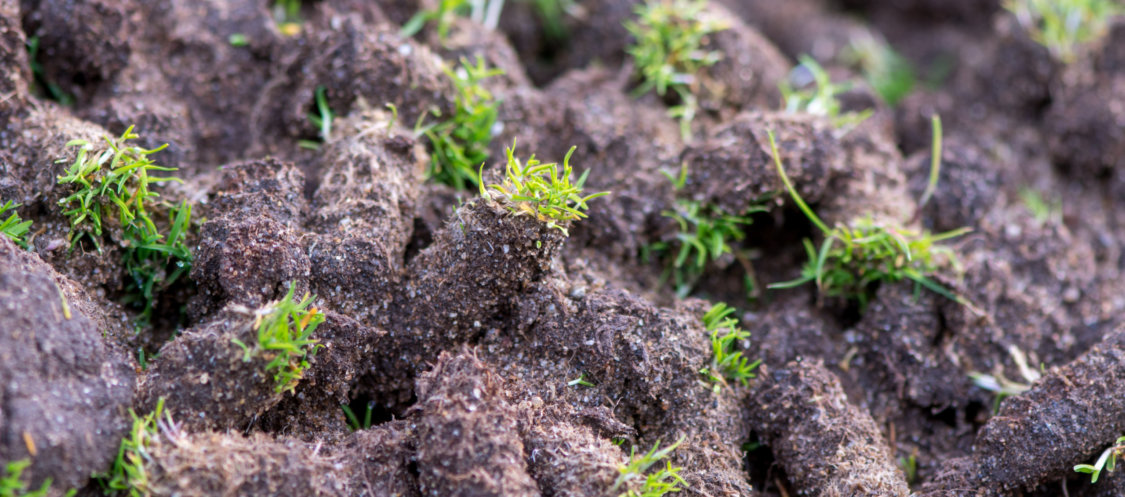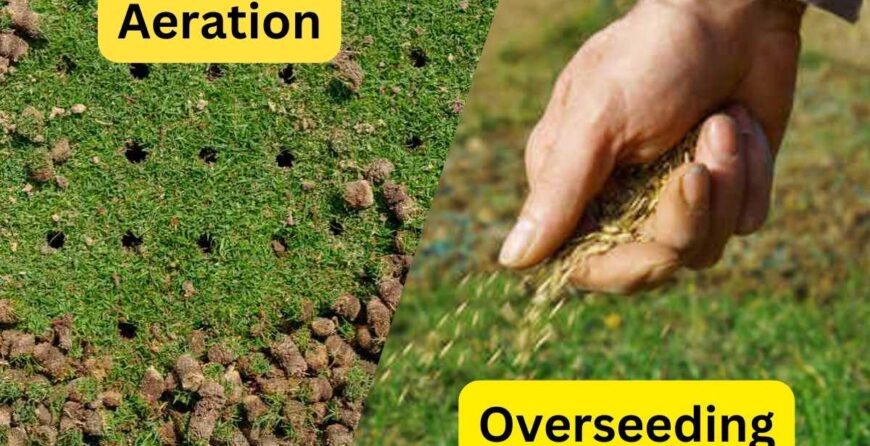Aeration and seeding is one of the most beneficial lawn care services that you can offer your grass this year, but what you do after your service is just as important.
Aeration and seeding is one of the most beneficial lawn care services that you can offer your grass this year. This service is performed during the fall season. Aeration and seeding is a service designed for cool season grasses like fescue. Warm season grasses also benefit from aeration, but do not require seeding and should receive service during the summer months. You may also hear seeding referenced as “overseeding”. The optimal window to receive aeration and seeding or overseeding opens at the end of August and runs through the end of October. It is not recommended to aerate and seed your lawn outside of this timeframe.
So, how do you care for your lawn following aeration and seeding service?
After your lawn has been carefully aerated and seeded, it needs proper ongoing maintenance. During the several weeks following your aeration and seeding service, proper maintenance is extremely important to ensure the success of seed germination and establishment in your cool season lawn.
At Brennan’s Landscaping, we recommend the following care instructions to our customers following their aeration and seeding service.

Stay off the grass.
During this initial establishment period, we recommend that homeowners try to keep their foot traffic to a minimum following seeding. The seed will begin to germinate throughout the first month. By limiting foot traffic, you offer the seed the best opportunity possible to properly germinate and sprout new growth.

Water your grass.
During this initial establishment period, we recommend that homeowners try to keep their foot traffic to a minimum following seeding. The seed will begin to germinate throughout the first month. By limiting foot traffic, you offer the seed the best opportunity possible to properly germinate and sprout new growth.
How to care for your newly seeded lawn by week:

Week 1-2:
During the first two weeks following your aeration and seeding service, the main goal is to keep the ground/seed moist while the seed begins to germinate. We recommend that you water each day for at least 20 minutes in all areas of the lawn (water the soil to a depth of about 1/4”). Be sure not to over-water to the point that the seed washes away before germination.

Week 3-4:
At this point, the grass seed has begun to germinate and grow. During the third and fourth weeks following seeding, you should continue watering the lawn in order to keep the soil moist, but not soggy. Decrease watering to 3-4 times per week to maintain moisture for the new seed. The lawn will need to be cut once it reaches about 4” height and the mower should be set at the highest possible level. Do not mow the grass too short! The new grass needs sufficient time to mature and to begin establishing a root system and will scalp easily. Prior to mowing, you should discontinue watering for 1 day before mowing to let the lawn dry out.

Week 4 and beyond:
A month after your new seed has had time to establish, it is safe to begin to cut the lawn as needed. It is still important to use gentle care during this time so that you do not damage your newly seeded turf. You should also continue watering the lawn approximately twice a week, making sure to apply 1” of water each week.


